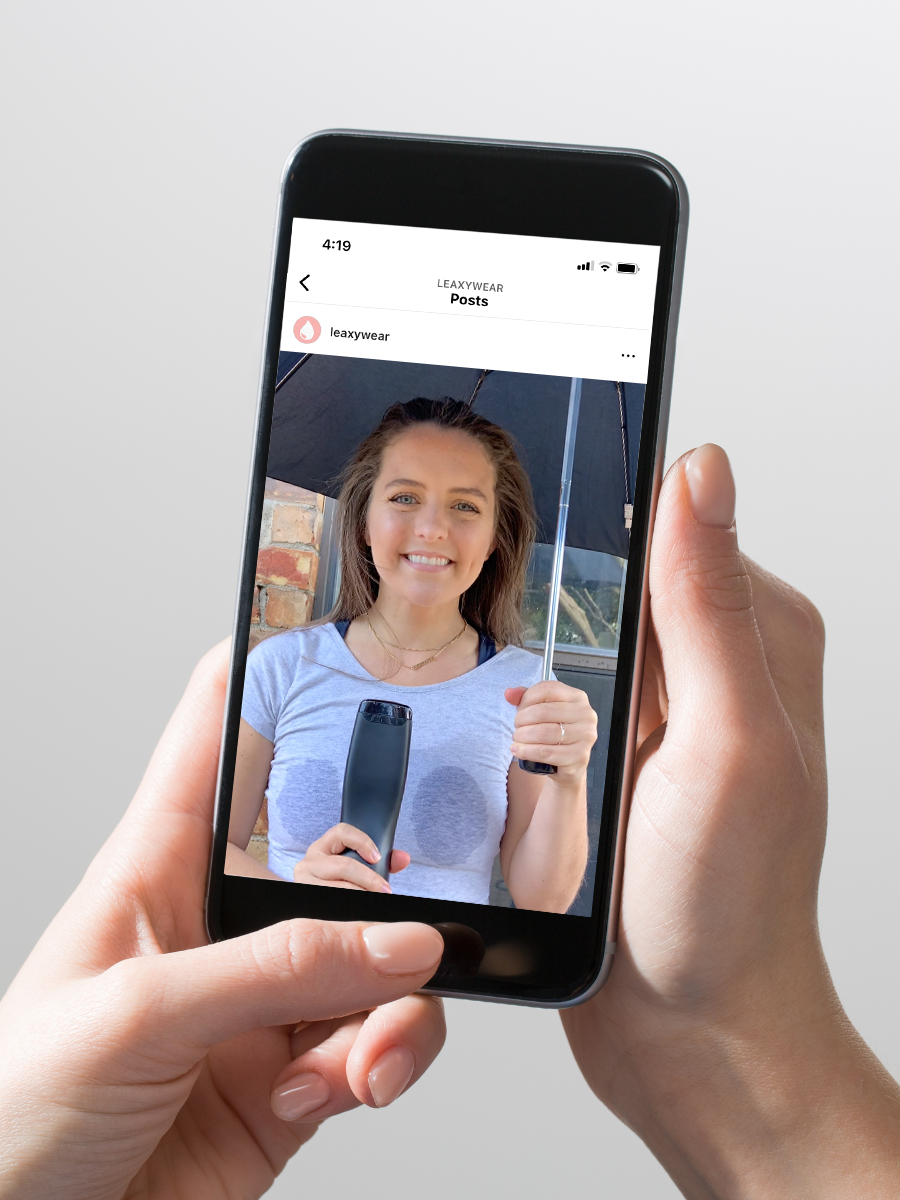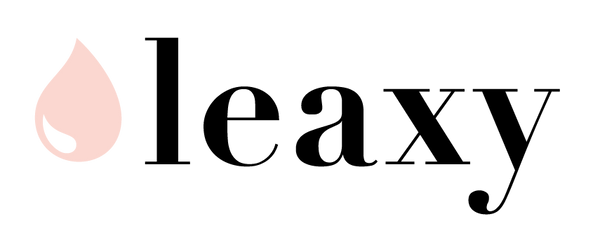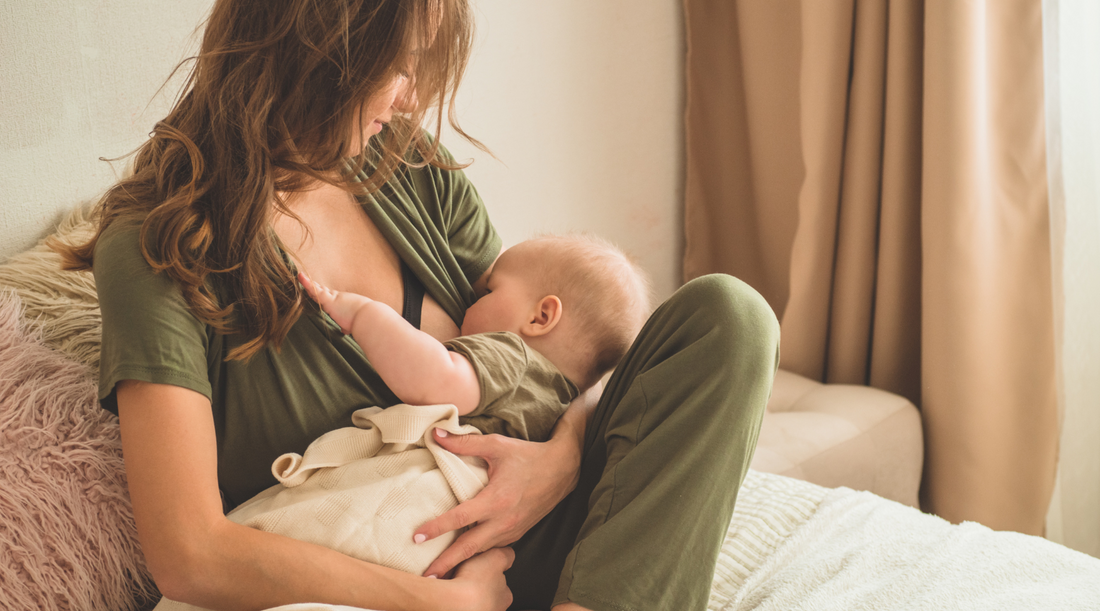Breastfeeding can be an absolutely wild ride.
There are so many highs and lows that can come with it. One moment you’re celebrating your milk coming in after nervously waiting to see if it would or not, and the next you’re crying from a bleeding nipple caused by a baby vampire.
One thing I’m not sure many, including myself, thought about prior to having a baby is just how disruptive other people’s opinions and comments about you and your body when breastfeeding could be.

I, for one, was not expecting to feel so uncomfortable from other people’s stares and comments when it came to me breastfeeding.
Now let me tell you, I’ve seen many women have the confidence of a seasoned warrior as they whip their boob out at a birthday party or at a park to feed their baby. I am always in awe of their comfort. But I, unfortunately, did not behold this sacred power of feeling comfortable to breastfeed freely in public.
Instead, I would nervously sweat out my anxieties onto my little baby’s forehead under a homemade nursing coverup that felt like a sauna. I was so terrified of what other people thought, specifically men, that I lived in a constant fear that someone may give a lingering stare that said to me, “I like staring at your boobs.”
What I thought was only a “me” issue soon became the realization that other women felt uncomfortable about breastfeeding for similar reasons, too. It was as simple as, “I don’t like getting creepy stares from guys.”
Then came a personal experience that put into light just how prevalent sexualizing breastfeeding can be in today’s society.
It began when I started sharing content on Leaxy’s social media aimed at the goal to help normalize breastfeeding and leaking breast milk. I was excited about the next video we were working on as it was playing off of a scene from cult-classic, Mean Girls. In it, I was making light of just how often, and truly frustrating, it can be to soak through shirt after shirt with leaking breast milk. The goal was to, as always, normalize this common issue, which *shameless plug* we have solutions for on our shop page.
In the video, we’re spoofing off of a scene where a character is standing in the rain doing a weather report and she says, “It’s 68 degrees and there’s a 30 percent chance that it’s already raining.” Classic.

You can see me standing under an umbrella with two giant breast milk blotches on my top as the sound clip plays with text overlayed that reads, “It’s 68 degrees and there’s a 30 percent chance that I’m already leaking.”
After it was posted on Instagram everything went swimmingly with positive comments and sentiment from those who’ve been there with leaky boobs. Everything’s wonderful, I thought!
Then, enter Tik Tok.
Within a few minutes of posting the same video to the platform, we suddenly have 20,000 views and climbing. (Mind you, we had very few followers on Tik Tok. We’re talking double digits here.) I’m thinking, “Huh – maybe all of my leaky ladies out there are watching and sending to their friends!”
Not so much. Because soon the comments started pouring in.
We were bombarded with, “I want a taste,” “sexy,” “can I have some?”, etc. You name it.
I was so startled and grossed out that I threw down my phone. I felt ashamed and embarrassed that something that was meant to make women feel more empowered to stand in their own body – every leak and drop that comes with it – was making me feel so – unsafe.
The views and degrading comments kept spewing out like an untapped volcano full of people’s sexual fantasies for breast milk and breastfeeding. I was mortified that this video might go viral for the complete opposite reason why I made it.
And as soon as I realized that I needed to take the video down for my own mental health, it was all over. I received a notification mid-delete that the video was taken down by the platform for sexualizing women.
I’m not sure words do justice for how I felt, but here it goes: angry, sickened, frustrated, disturbed, sad, you name it.
But what I kept thinking about is how this is all so common. So common, in fact, that people feel comfortable enough to make comments that sexualize breastfeeding and objectify boobs, every day, all the time, unfortunately.
And while we can’t stop the comments from being made outright, we can advocate for ourselves and others who have been on the receiving end of sexualizing comments that make us feel less than or disempowered.
So, I’ve enlisted the help of Licensed Professional Counselor, Casie Wofford, to talk more on the subject – why we might be feeling the way we do after facing sexualizing comments and ways to “protect your peace,” as she says, when it comes to all things breastfeeding.
To kick things off, I would love to talk about some of the negative feelings that can come with feeling sexualized or objectified when breastfeeding. I felt embarrassed and ashamed, for instance - why is that the case for many of us?
“You may be feeling embarrassed or ashamed as a result of the culture we live in, unfortunately. Also, the feeling could be humiliation, insecure, inferior, etc.
We live in a culture where women have been taught the value of their boobs is derived from turning on men. This is sexual objectification in a nutshell with women being reduced to objects, specifically body parts, including boobs.
When we grow up in a culture where we constantly witness sexual objectification (through media, friends, family, you name it!) it’s natural to internalize it. Internalizing it results in shame or a “something is wrong with me” thought, and the emotion that comes along with that, often times, is embarrassment or shame.”
What can someone do if they receive a sexualizing or objectifying comment while breastfeeding that they don’t like?
“You deserve to set a boundary while maintaining your safety.
What I mean by maintaining safety is that with different people, you might feel comfortable setting a boundary in different ways. If you know the person, you might feel confident enough to simply say, “That comment isn’t ok with me. Please don’t do that again,” or “I know you didn’t mean to make this weird, but I don’t like that.” I recommend having go-to language that feels good for you. Then, sometimes it’s worth having a follow-up conversation to revisit why their comment made you feel uncomfortable.
If it’s a stranger, that might not feel safe to say something to them. If it doesn’t feel safe to say anything, I recommend doing whatever in that moment will help you feel safer, both physically and emotionally. This could mean physically pausing breastfeeding (obviously this is not fair to you and your baby – I’m not minimizing that) and then resuming when you move to a place you feel safer. Physically removing yourself or moving away is a way to communicate a boundary with a stranger without verbal communication. Then, emotionally make sure you have someone to talk to about your experience that will be supportive, whether that be a trusted friend or family member, or maybe a therapist.
If it’s on social media, protect your platform and your space. Ensure privacy settings are how you want them. Disable comments when needed. Block and remove followers who take away from the safety of YOUR space. When someone violates your space, know that you deserve to reclaim it. Protect your peace at all times.”
Protect your peace – that’s amazing. Finally, do you have any suggestions for how we can help empower ourselves to breastfeed in public despite the fear of being sexualized?
“Remember that sexualization is part of our culture, and that doesn’t make it right. We don’t deserve to live in a culture where breastfeeding is sexualized.
Know that each time you’re breastfeeding in public, it is an act of advocating for a culture where boobs aren’t objectified. It’s an act of saying, “I’m worth more than one body part, and this is a normal part of the human experience.”
Each time you breastfeed in public, it’s a small moment that shifts our culture to be better than it is. Won’t that be great for the generation you’re breastfeeding? It’s a moment that you deserve to feel empowered by.
The ripple effect of more women breastfeeding in public is that it all helps to normalize it, and it helps women gain more power that we know has been deserved all along.”
...
For those of you who have ever felt violated in any way while breastfeeding or have felt violated toward your body in general, know that I see you. You are not alone, and how you feel is just and true. You matter.
Together we can better advocate for ourselves and others to ensure that we have a better tomorrow. And as always, thank you for taking the time to read.
-Leigh
Founder of Leaxy

